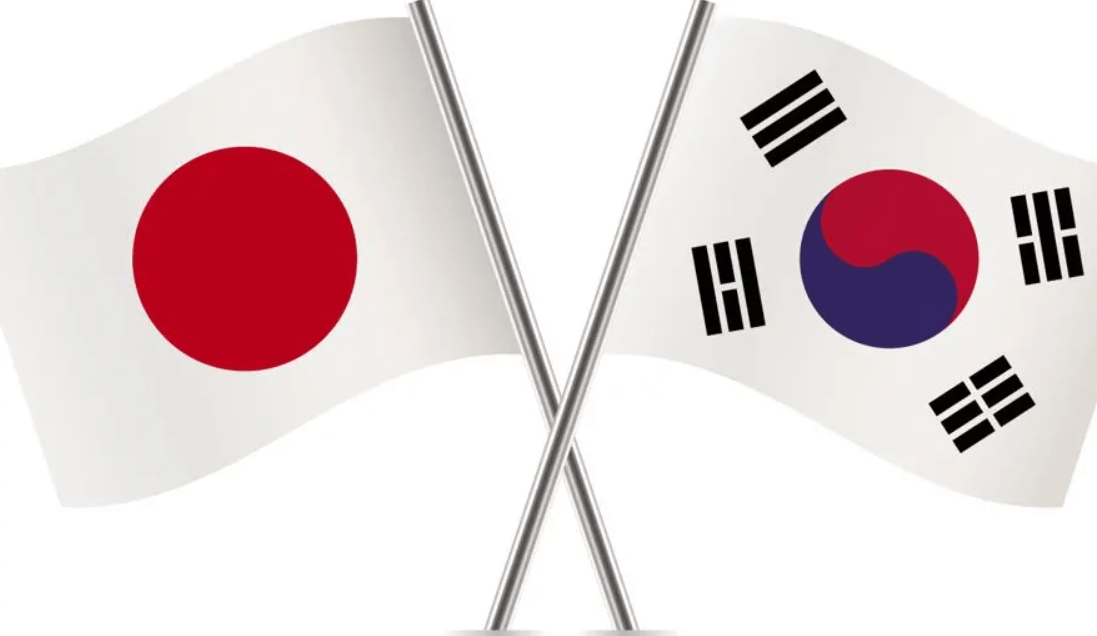In today’s society, translation has become a crucial part of international communication. Japanese and Korean translators, in particular, have emerged as important figures in bridging the language and cultural gaps between East Asia and the rest of the world. In this blog, we will explore the significance of Japanese and Korean translators in today’s society.
What is the importance of translation in today’s world?
Translation plays a vital role in today’s globalized world. With the increasing growth of international trade, diplomacy, and cultural exchange, the need for effective communication across different languages and cultures has become critical. Translation helps to bridge the linguistic and cultural barriers that exist between people and countries. It enables people to understand and appreciate diverse cultures, enhances cross-border trade, and promotes empathy, understanding, and peaceful coexistence between nations.
Why is Korean translation important?
Korean is a vital language in Asia, spoken by more than 78 million people worldwide. Korea is a rapidly growing economy and occupies a strategic position in the global market. Thus, Korean translation is essential for businesses seeking to expand their geographical reach in the Korean market. Moreover, the translation of Korean literature, films, music, and other media has become increasingly popular in the global market, promoting cultural exchange between countries.
What are the benefits of speaking Korean?
Learning Korean exposes one to a unique and vibrant culture, unlocks otherwise inaccessible opportunities in business, education, and tourism, and enhances cross-cultural communication with Koreans around the world. Moreover, speaking Korean fluently is an asset for anyone seeking employment in Korea or multinational companies with Korean affiliates.
What are the benefits of learning Japanese?
Japanese is spoken by an estimated 128 million people worldwide, and Japan is renowned for its technological innovations, art, culture, literature, and cuisine. Thus, learning Japanese presents numerous opportunities for anyone interested in exploring Japan’s rich cultural heritage. Besides, Japan’s position as one of the world’s leading economic powers makes Japanese an essential language for business and international relations.
What is the value of learning Japanese?
Learning Japanese enables one to appreciate Japanese culture. The Japanese culture is unique, and learning Japanese allows one to experience the culture firsthand and exchange ideas with Japanese locals. Moreover, being one of the most spoken languages in the world, speaking Japanese fluently is an invaluable asset for anyone seeking to work for multinationals or in technological industries.
What is special about the Japanese language?
Japanese is an uncertain language, meaning the structure of the sentence allows one to leave out words that are already known or understood by both parties. The precise and intricate use of the language in written and spoken contexts is what makes it unique. Besides, the Japanese language includes three writing systems: kanji, hiragana, and katakana, each with its nuances and style.
1. The importance of Japanese and Korean translators in business
With Japan and South Korea being two of the top economies in the world, cross-cultural communication is essential for businesses looking to succeed in these markets. Japanese and Korean translators play a vital role in facilitating communication between international companies and their partners in Japan and South Korea, translating documents, contracts, and negotiating deals. Without their assistance, misunderstandings and language barriers could easily lead to international business failures.
2. Japanese and Korean translators in language education
In addition to business, Japanese and Korean translators are essential in helping students learn the languages. Many universities worldwide offer Japanese and Korean language courses, and with the help of translators, students are provided with accurate and culturally sensitive language resources. Furthermore, Japanese and Korean translators contribute to the creation of textbooks, online resources, and language-learning apps, making language learning more accessible and fun for millions of students around the world.
3. The role of Japanese and Korean translators in entertainment and media
It’s no secret that Japanese and Korean entertainment is extremely popular worldwide, from anime and manga to K-pop and K-dramas. Fans worldwide consume and enjoy Japanese and Korean content, often with the help of translators who provide accurate subtitle translations. Translators not only help bridge the language barrier but also provide cultural context, enhancing the viewer’s understanding and appreciation of the content.
4. Japanese and Korean translators in diplomacy and international relations
In today’s global political landscape, communication between countries is crucial. Japanese and Korean translators play a significant role in facilitating communication between representatives of different countries, such as diplomats and government officials, helping to negotiate trade deals, security agreements, and cultural exchanges. They translate speeches, and documents, and act as interpreters in meetings, providing a vital service that helps maintain peace and stability in the region and the world.
5. The future of Japanese and Korean translators
With the continued growth of the Japanese and Korean economies and the popularity of their cultures, the relevance of Japanese and Korean translators is set to increase in the future. As language and technology evolve, so will the role of translators, with machine translation tools and artificial intelligence increasingly being used to complement human translation. However, human translators will still be in high demand due to their expertise and cultural insights, making Japanese and Korean translators a vital part of today’s society for years to come.
In conclusion, the significance of Japanese and Korean translators in today’s society cannot be underestimated. Their work in facilitating business, education, entertainment, and international relations is vital in bridging the language and cultural gap between East and West. We hope you enjoyed the blog post of Languages Unlimited about How significant are Japanese & Korean Translators in Today’s Society. Japanese and Korean translators are not just language experts, but also cultural ambassadors who contribute to a more inclusive and understanding world.


